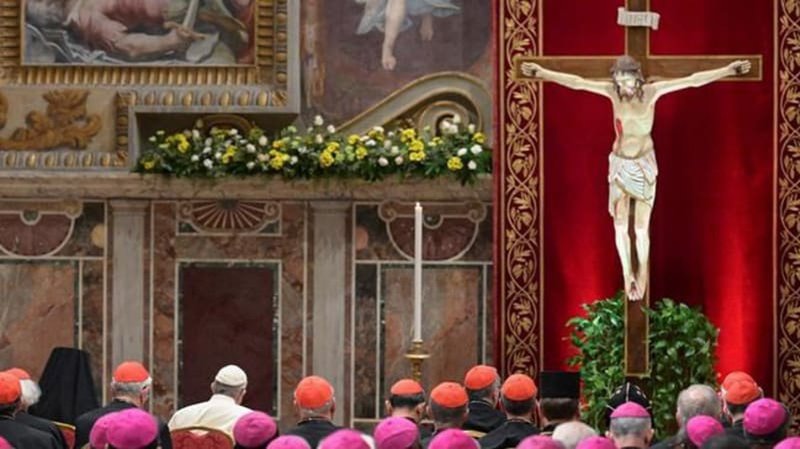
Vatican says bishops should report sex abuse to police
VATICAN CITY — The Vatican told bishops around the world on Thursday they should report cases of clergy sex crimes to police even when not legally bound to do so, in its latest effort to compel church leaders to protect minors from predator priests.
The Vatican issued a long-awaited manual for bishops and religious superiors on conducting in-house investigations into allegations of priests who rape and molest minors and vulnerable adults. While the Vatican has had detailed canonical norms in place for two decades, the laws continue to be ignored by some bishops who dismiss allegations by victims in favour of protecting their priests.
While the manual doesn’t have the force of a new law, it goes beyond the current Vatican policy about co-operating with law enforcement agencies, prosecutors and police. That policy requires bishops and religious superiors to report allegations of sex crimes with minors only where local laws requires it.
The manual says: “Even in cases where there is no explicit legal obligation to do so, the ecclesiastical authorities should make a report to the competent civil authorities if this is considered necessary to protect the person involved or other minors from the danger of further criminal acts.”


